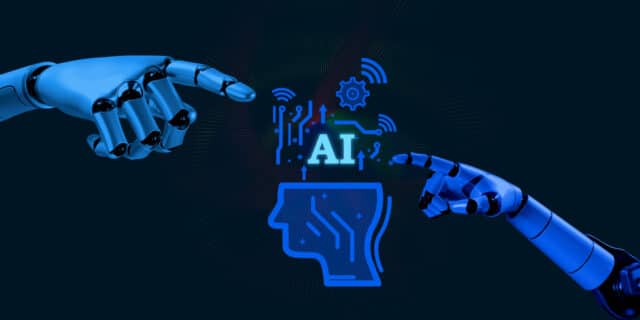Life sciences sector turns to AI to bridge cybersecurity skills gap

A new survey reveals that 73 percent of life sciences companies are turning to artificial intelligence to address the cybersecurity skills gap.
The report from Code42 shows the life sciences sector is at the forefront of artificial intelligence use, with AI tools presenting new opportunities for cybersecurity teams to enable automated detection and response, as well as freeing up the resources to concentrate on strategic tasks.
It finds 78 percent of companies report an increase in time spent investigating data incidents year over year. 83 percent of cybersecurity managers are looking to AI, and 92 percent to GenAI, specifically, to help them automate detection and response so that they can focus on higher-level strategic tasks.
AI use isn't without issues though, 86 percent of cybersecurity leaders have admitted that the usage of AI tools does put their company at risk of data exfiltration.
"Life Sciences cybersecurity teams are walking a tightrope with AI," says Joe Payne, president and CEO of Code42. "AI is a powerful ally in combating skill shortages and rising insider threats, while also paving new pathways for innovation. However, as quickly as teams are adopting this new technology, they must be just as quick to set guardrails for protecting IP. By adopting tools and programs to secure the usage of AI tools, teams in the Life Sciences can take advantage of cutting-edge technology while ensuring their data isn't leaked through tools like ChatGPT."
Among other findings, 50 percent of data loss incidents are malicious, with risk severity evenly split between low, medium, and high. Daily data security training has increased from 11 percent in 2021 to 27 percent in 2024, and 97 percent of life sciences organizations believe their data security training programs need improvement, with 48 percent calling for a complete overhaul.
You can get the full report from the Code42 site.
Image credit: saojung9194/depositphotos.com
